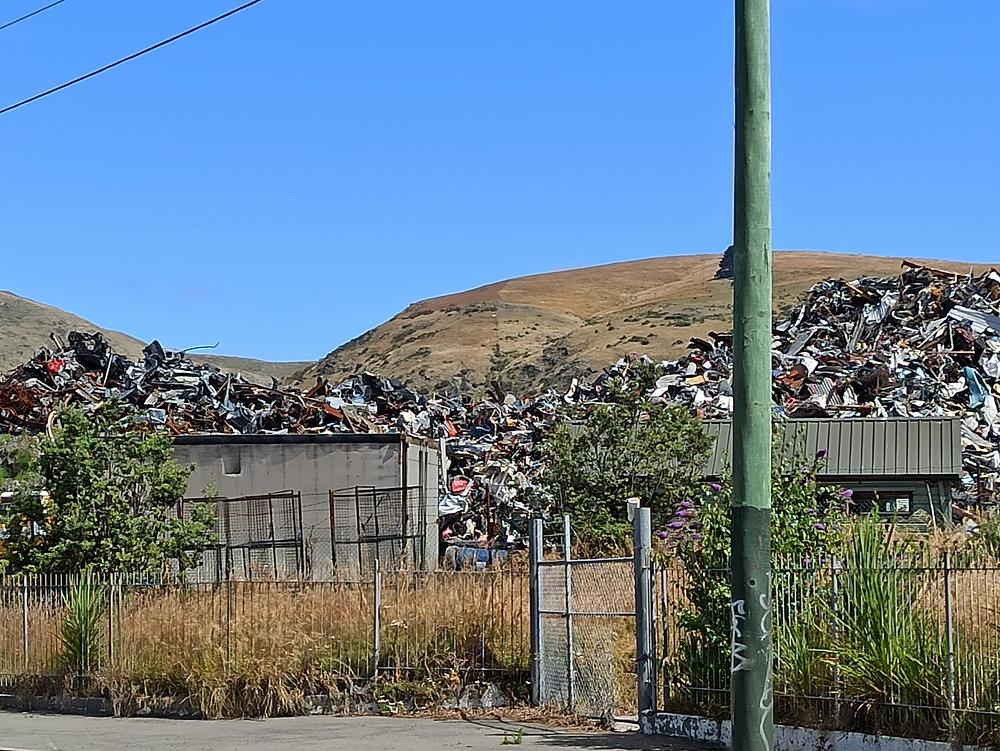
Like the Waves We Rise High
Mark Gibson, retired Presbyter and member of the Climate Justice Working Group, writes the first of what will be a regular Touchstone feature focussing on the Climate Justice Decade for Te Hāhi Weteriana o Aotearoa launched at Conference 2022.
One of my favourite new songs last year was Rooted by young Tongan singer/song writer/activist Mia Kami. Based in Fiji, Mia is a passionate advocate for Oceania, decolonisation and climate justice. The song is a soaring anthem for resilience and solidarity in the face of environmental destruction and rising sea levels. Using powerful Oceania metaphors for communal strength and action she sings:
“Like the wind, we still move
Like the waves, we rise high
Like the sun, we never die.
We will stay standing
Hear our calling
We are rooted to the ground
We’re here to stay
No staying quiet
We stand united
We are rooted to the ground
Can’t tear us down
We’re here to stay.”
The Conference 2022 decision for Te Hāhi Weteriana o Aotearoa to observe a Decade for Climate Justice was momentous. It places us firmly within this rousing Oceania anthem of hope and action.
It took a lot of mahi by many people to bring us to this path-changing place. I contend that the process began in 1983 when Conference committed to the bi-cultural journey and power-sharing in Te Hahi Weteriana. The decade is in many ways a new stage of this transformative journey. Without doubt the struggles for decolonisation and climate justice are inseparable. The cry of the earth for justice is also the cry of the poor and indigenous peoples.
The subtitle for the decade for climate justice helpfully points to this connection. Rekindle the Vā of Papatūānukuis all about relationships and healing them. It points to
The broken relationship we have with whenua of which climate crisis is a symptom. Colonisation also represents a broken relationship between people and land, and peoples.
The founding document for the decade endorsed by Conference affirms that “we are a planetary community, created by God – relational God and relational beings. Climate change has disrupted this relationality, the ‘vā’. Climate justice is therefore a deep work of healing to restore the ‘vā’.
The ‘Let the Children Live’ decade that Te Hāhi Weteriana observed in 2012-22 provides a good lead into this new decade because of the existential threat that the climate crisis poses to future generations and the children of today.
Multiple other threads have also helped to bring us to this point. The work of the Land Commission in the late 1980s offered the insight to the church that justice and creation always go together. Ka Ora theology, a theology of life, was developed and articulated by
Te Taha Māori in the 1990s. The formation of Vahefonua, Sinoti and Waswase has also been significant.
By the early 2000s the Churches Agency on Social Issues (CASI) was beginning to draw our attention to the urgent need for action on ‘global warming’. In 2005 Dr John Salmon was the first Methodist President to address the issue. In his Presidential address he warned that “if the rate of climate change, resulting from industrial emissions, is not slowed, in the next decade it might be too late – for us and the planet”.
In 2006 the Methodist Ecology Network was born. It flowered briefly but created the momentum and framework for Eco theology resourcing at local and regional levels.
The Walk for the Planet initiative was conceived at a regional School of Theology in 2008. It engaged many parishes, and hundreds of people during Lent 2009 from Rakiura/Stewart Island to Wellington.
The establishment of the Public Issues Network (PINS) in particular created real impetus for the church as a whole to address the growing climate crisis. During the last decade the justice-focused leadership of Trinity College has also been crucial in building connexional momentum and focus.
All of this mahi, and other unacknowledged threads, needs to be affirmed and honoured for helping to get us to this vital point. It provides strong foundations for the challenge and opportunity we now take up.
The decade becomes a priority for the whole church - from the local, to regional and board, and connexion. We are all invited to engage in collaborative and creative responses to the challenge to work for climate justice.
Working for climate justice is a huge undertaking. It can be overwhelming. It is helpful to break it down into themes that we can focus on, while at the same time acknowledging that everything is connected.
The agreed starting point is that we focus on the theme of ‘Zero Waste’ in 2023-24.
‘Waste’ is a huge contributor to the climate crisis and often has a disproportionate
impact on poorer communities. So, how can we as a church play our part in turning this around? In the March issue in this new regular column focused on the decade we will begin exploring this question.
